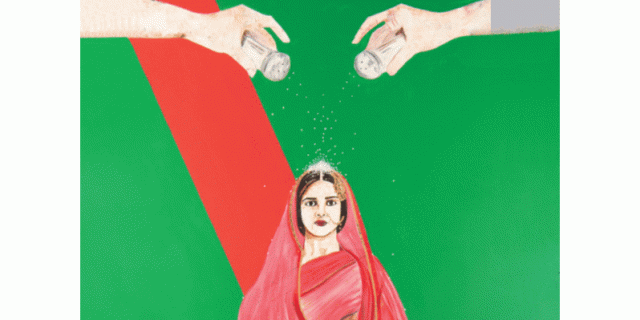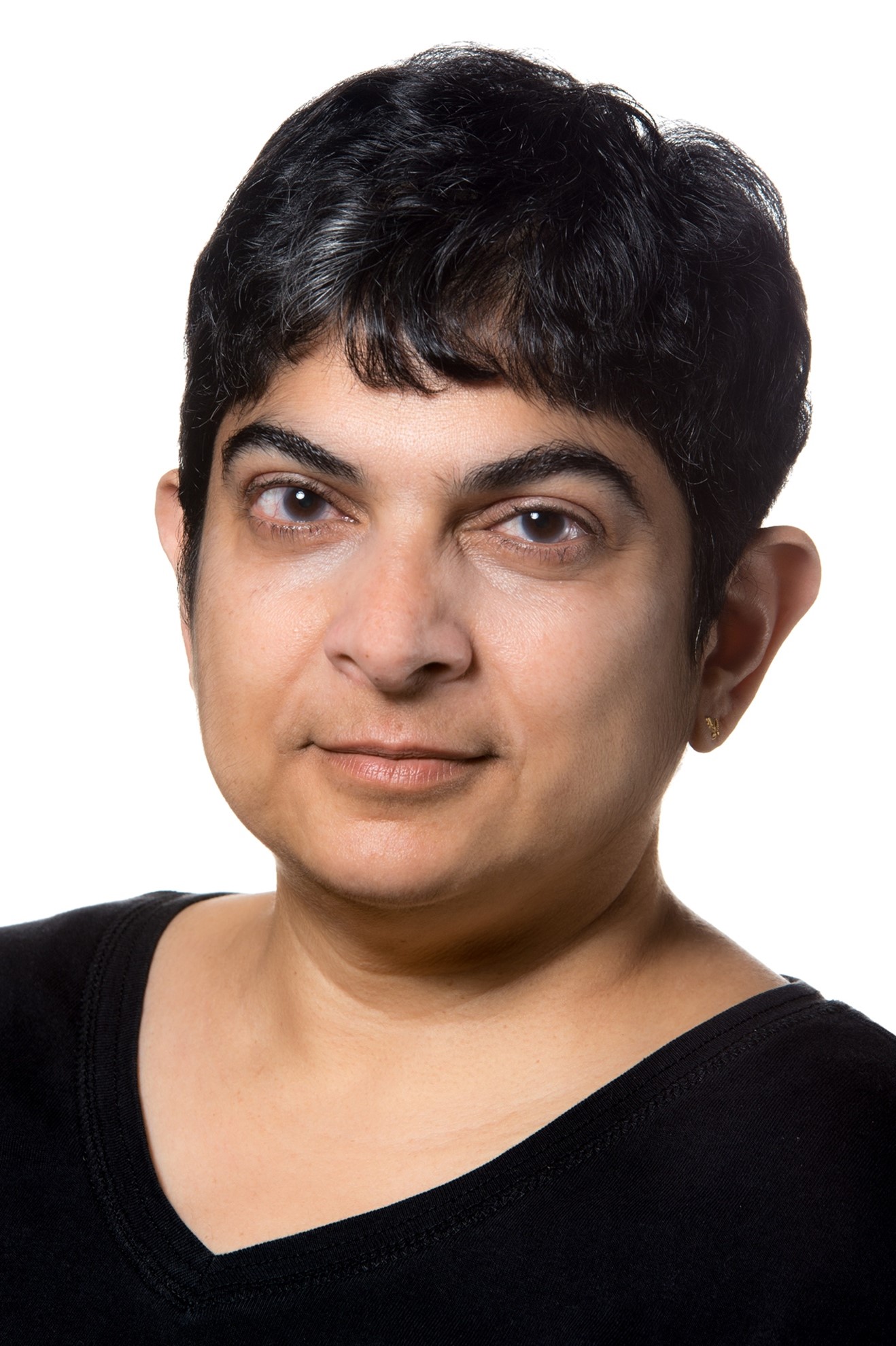
By
Rubina Ramji and Alison Marshall
September 2022
Print Version
What you need to know
Alison Marshall has been working with Rubina Ramji on various projects for nearly two decades. In 2018, Bloomsbury Press approached the pair and asked them to assemble a handbook on the intersection of religion and migration. From the beginning, Ramji and Marshall knew that they didn’t really want to focus on religion and migration in the United States during the Donald Trump era. That wasn’t their area of expertise though they knew that there was widespread interest in the topic. They wanted this volume to foreground Islamic stories (and also Sikhs, Hindus, and Buddhists) about religion and migration. While they also had an interest in Christian narratives about the migration experience, they wanted to downplay these as so much had already been written.
Why this research is important
The chapters of this handbook highlight lived religion in regional, transnational, multigenerational, and diverse gendered migration contexts. In addition to chapters on Islam and Muslim identity, there are chapters on Chinese and Vietnamese Buddhism, Filipino and Korean religiosity, and Polish Catholicism.
Ramji and Marshall add, “these scholars and chapters take on board the major issues facing migration today and demonstrate that religion remains not just a part of a migrant story, but, for today’s religious migrants, it is the story (Ramji & Marshall, 2022, p. 8).”
How this research was conducted
Ramji and Marshall reached out to their network of research contacts and experts in the field, many of whom are in Canada (e.g., Peter Beyer and Paul Bramadat), and asked them to contribute chapters. Most of the chapters in the handbook take a sociological and/or anthropological approach and are grounded in embodied ethnography, including participant observation fieldwork, interviews, oral history collection, and qualitative analysis.
What the researchers found
Migration has a profound impact on religiosity and belonging in migrant worlds. Religion has inspired racist immigration policies (e.g., The Chinese Immigration Act) and national attitudes toward ethnic minority groups (e.g., the Uighurs in Northwestern China). Recent scholarship in the field of religion has emphasized the growing number of “religious nones” (people who have no religion) and the end to institutionalized religion. But studies in the field of religion and migration consistently show that migrants bring their religious beliefs and practices with them when they cross borders. As they settle in new communities, they reinvigorate churches, temples, and mosques. People are not done with religion.
How this research can be used
The research may be used to understand how religion shapes and is shaped by the internal, external, or return migration experience in 2022. It answers the question, “how does religion help or hinder migrants (including forcibly displaced Ukrainian refugees and economic and sponsored migrants) as they cross borders, settle and belong in migrant worlds (Tweed, 2006)?”
About the Researchers
Keywords
- anthropology of religion
- diaspora studies
- gender studies
- globalization
- human rights
- migration and immigration studies
- multiculturalism
- post-colonialism
- race and ethnicity
- religion and globalization
- religious diversity
- religious identity
- sociology of religion
- urbanism
Publications Based on the Research
Ramji, R., & Marshall, A. (Eds.). (2022). Handbook of religion and migration. London: Bloomsbury Press.
Editor: Christiane Ramsey
Research at Brandon University follows comprehensive policies designed to safeguard ethics, to ensure academic integrity, to protect human and animal welfare and to prevent conflicts of interest.


